Every mage is said to walk a Path, one that leads through a Supernal Realm to a Watchtower. This is not a literal or physical route, but a metaphorical road or direction for the soul. Each realm has its own metaphysical laws that favor some principles over others. These laws are represented by the Arcana and their degree of power within a realm, described as Ruling (the principles represented by the Arcana are manifested in their most pure forms), Common (the Arcana are more powerful than in the Fallen World, but not as pure as the Rulers), and Inferior (the Arcana are still more powerful than in the Fallen World, but they exert little influence over the realm).
A mage’s beginning Arcana, the magical lore he knows from his Awakening and immediate studies afterward, tend to be the Ruling Arcana for his realm.
Acanthus
Enchanters on the Path of Thistle, Scions of the Watchtower of the Lunargent Thorn in the Realm of Arcadia, Kingdom of Enchantment and Abode of the Fae
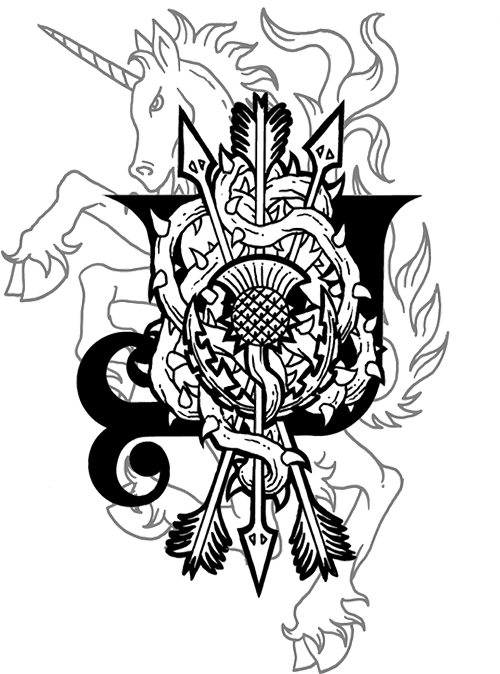
The Path of Thistle, Watchtower of the Lunargent Thorn, the Realm of Arcadia, Kingdom of Enchantment, abode of the Fae, ruled by the Arcana of Fate and Time. Enchanters epitomize the tarot trump of “The Fool,” relying on luck and intuition to guide their way.
Mastigos
Warlocks on the Path of Scourging, Scions of the Watchtower of the Iron Gauntlet in the Realm of Pandemonium, Kingdom of Nightmares and Abode of Demons
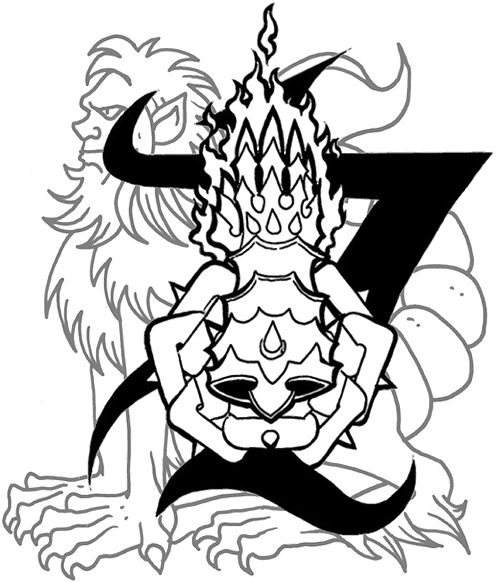
The Path of Scourging, Watchtower of the Iron Gauntlet, the Realm of Pandemonium, Kingdom of Nightmares, abode of demons, ruled by the Arcana of Mind and Space. Warlocks epitomize the tarot trump of “The Devil,” exulting in unfettered will.
Moros
Necromancers on the Path of Doom, Scions of the Watchtower of the Lead Coin in the Realm of Stygia, Kingdom of Crypts and Abode of Shades
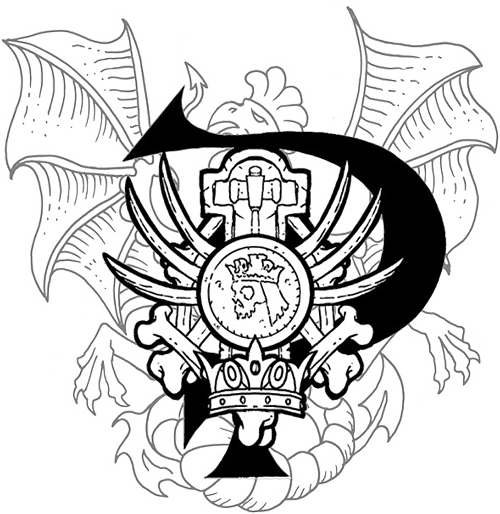
The Path of Doom, Watchtower of the Lead Coin, the Realm of Stygia, Kingdom of Crypts, abode of shades, ruled by the Arcana of Death and Matter. Necromancers epitomize the tarot trump of “Death,” remaining steadfast during change.
Obrimos
Theurgists on the Path of the Mighty, Scions of the Watchtower of the Golden Key in the Realm of the Aether, Kingdom of the Celestial Spheres and Abode of Angels
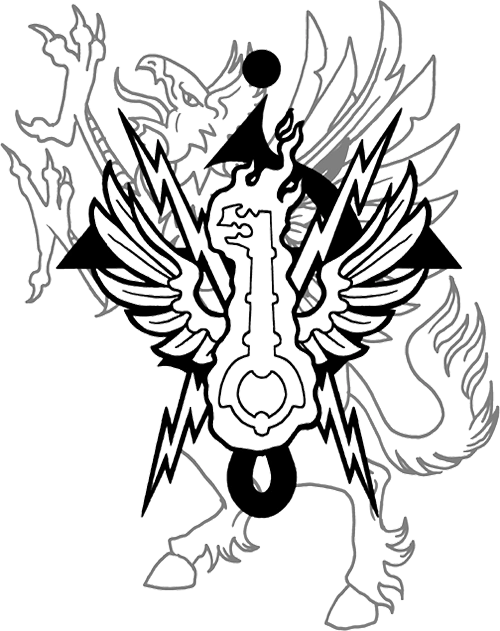
The Path of the Mighty, Watchtower of the Golden Key, the Realm of Aether, Kingdom of the Celestial Spheres, abode of angels, ruled by the Arcana of Forces and Prime. Theurgists epitomize the tarot trump of “Strength,” pursuing a divine mandate.
Thyrsus
Shamans on the Path of Ecstasy, Scions of the Watchtower of the Stone Book in the Realm of the Primal Wild, Kingdom of Totems and Abode of Beasts
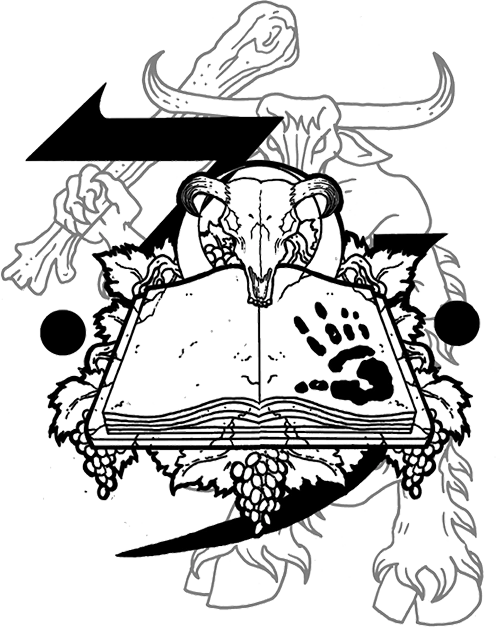
The Path of Ecstasy, Watchtower of the Stone Book, the Realm of the Primal Wild, Kingdom of Totems, abode of beasts, ruled by the Arcana of Life and Spirit. Shamans epitomize the tarot trump of “The Moon,” following the allure of passion and impulsive action.